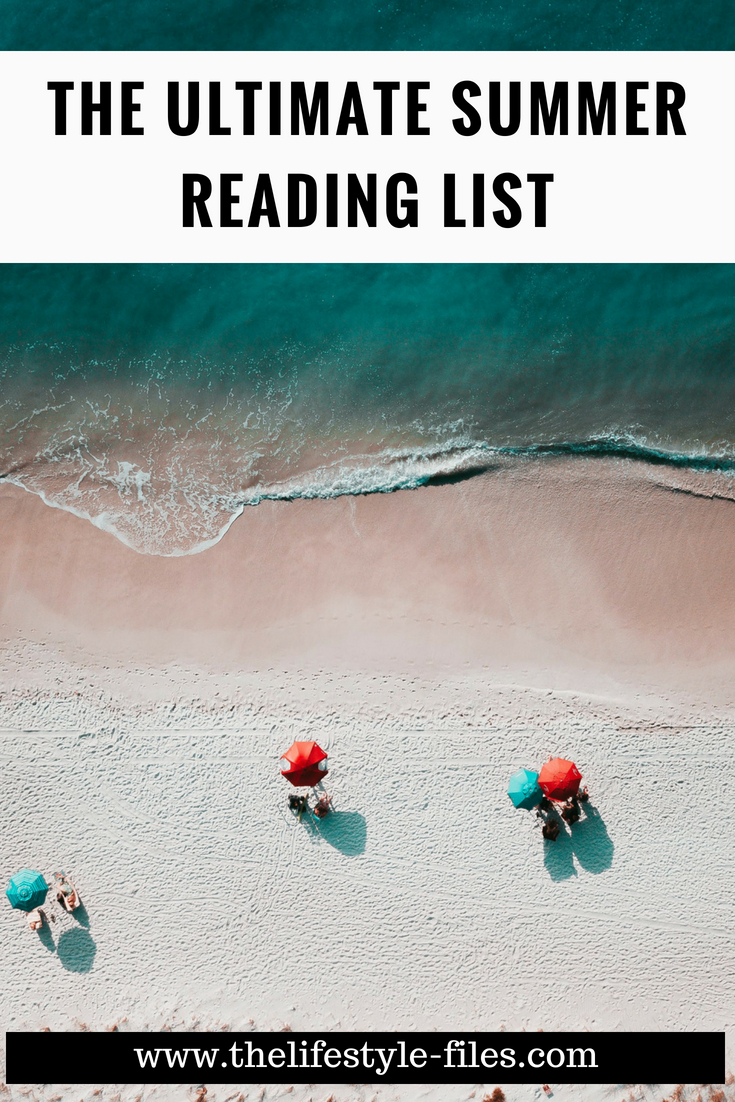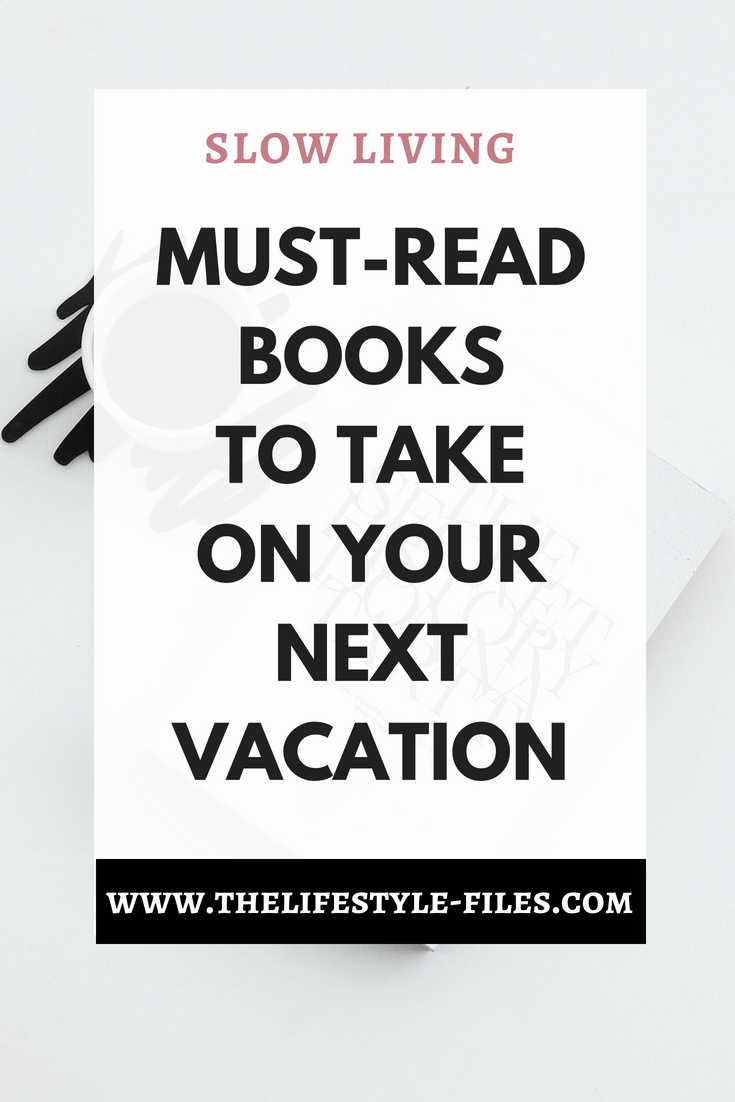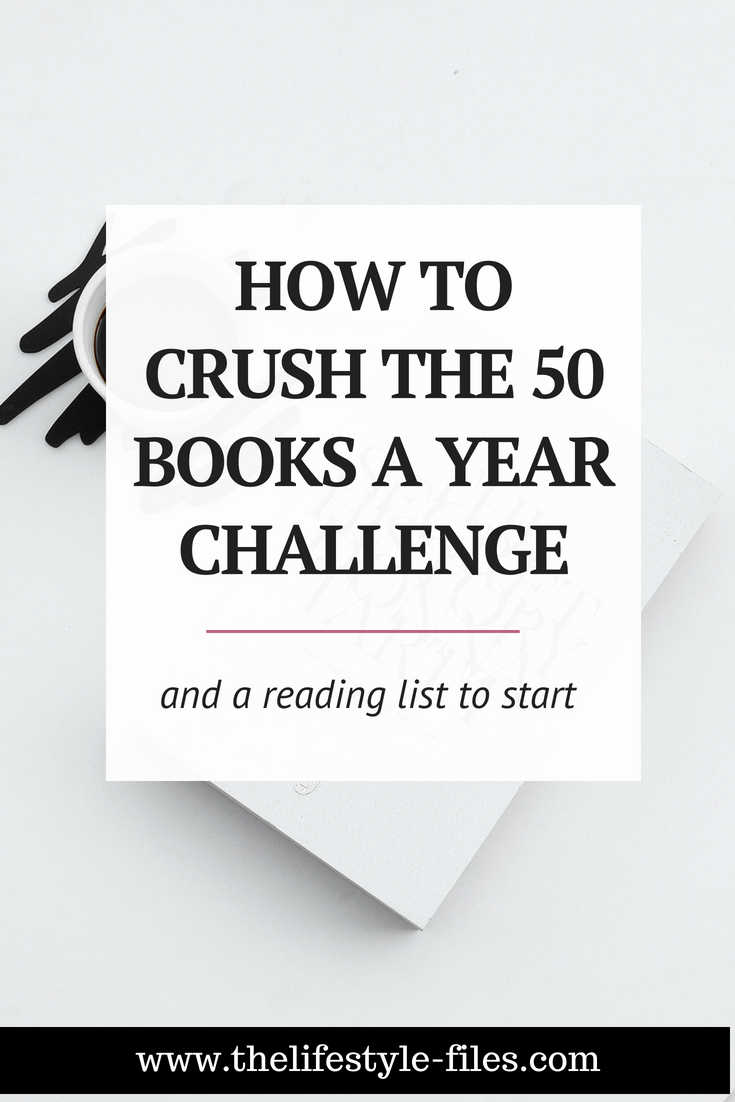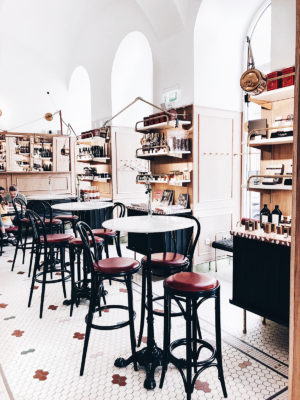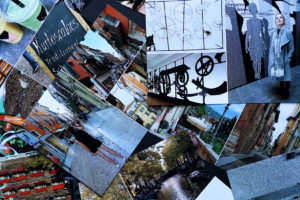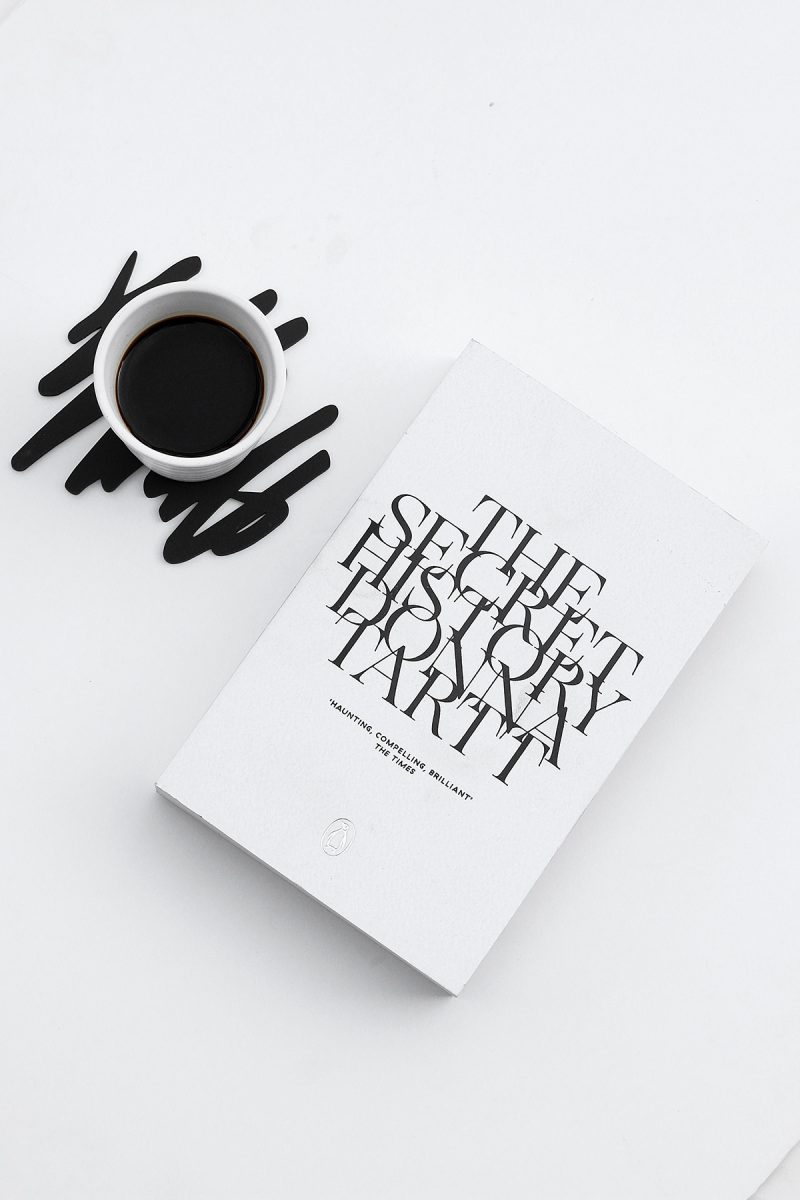
This post contains some affiliate links, which means that, at no extra cost to you, I may get paid commission if you click through those links and make a purchase. My reviews, opinion, and content are in no way influenced by brand or affiliate partnerships. For more information please read my Disclaimer.
The 50 books a year challenge is at the top of my goals list every January. This year, I was even more determined to make it, as last year I sadly neglected this habit a little. I still read a lot of good books, but reading was less a habit, and more like one-time sprints.
Making it a challenge
For some people, making reading a challenge may seem the dumbest thing ever. They argue that reducing reading to a simple number-game is superficial and pointless.
I, for one, respectfully disagree.
I’ve been doing the 50 books a year challenge for years now, and I use it as a motivational tool. I’m quite competitive by nature and challenges do usually work for me. To be transparent, I’ve only managed to reach my goal once throughout the years, but this only shows that it’s not just about the numbers. I’ve had years when I read a lot but still missed the 50 end mark and I wasn’t disappointed because I got to enjoy a lot of awesome books. But I still think having a challenge and goal did help me.
You don’t have to do 50 books, by the way. Set monthly goals, if you’d like or a time challenge, like reading 20 minutes every day. Make it personal – but make it realistic.
Making it a habit
However banal this may sound, the key to making reading a habit is to actually enjoy it, i.e. read good books. But out of the myriad books out there, how do we find the good ones?
I’m quite selective when it comes to books. I always invest time to research, maybe read some reviews and then make the selections. This seems to work, as I cannot remember the last time I quit a book because it was that bad (by the way, do quit books if you really don’t love them. Life is too short for bad books). Out of the 24 books, I read this year, there’s not a single one I’d consider bad. Some I enjoyed more than others, but I don’t regret spending time with any of them.
The second most important thing about cultivating a reading habit is to commit – find the time and resist the temptation of switching on Netflix, just because it seems easier (it does seem easier sometimes). Even if it’s just 10-20 pages a day, it massively helps in establishing a daily routine of reading.
This year, I started to insert a little reading time into my morning routine, not much, just 30 mins max, but it makes such a difference. It puts me in a creative mood, and when I’m reading something great in the morning, it helps me come back to it later in the day as well.
So far, I’m a bit behind the optimal schedule, but overall I’m quite happy with how this challenge has helped my reading habit and quite optimistic about me finishing it.
Here are the short summaries of all the books I’ve read this year, if you’re interested in hearing more about one or the other, let me know in the comments.
50 books challenge at halftime: 50/24
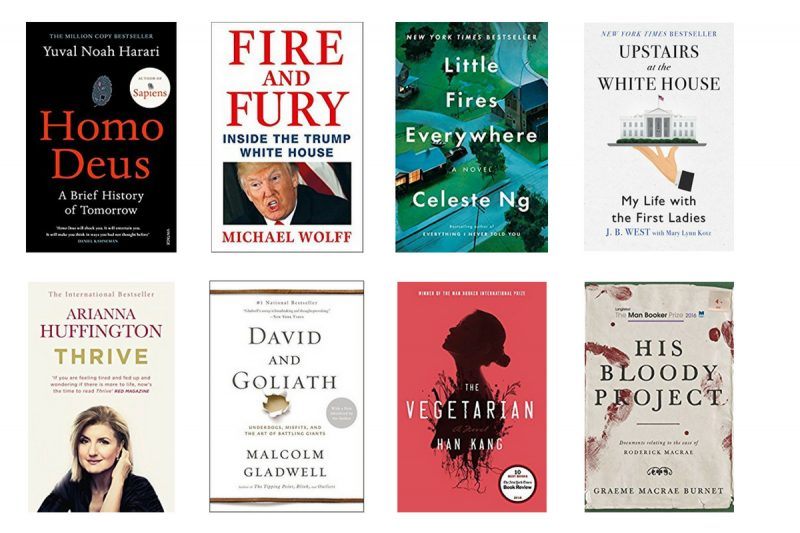 Yuval Noah Harari: Homo Deus
Yuval Noah Harari: Homo Deus
His previous book, Sapiens was one of my favorite reads last year (read my thoughts on that here). This one goes a little further into the future and offers some interesting ideas about the challenges we’ll face in the next decades. Very much recommended, though it does spend a little too much time on repeating ideas from Sapiens, but nevertheless, I still enjoyed it very much.
Michael Wolff: Fire and Fury
I love a good political telltale, so I quickly jumped on the bandwagon and bought this. It’s not the most articulate political book ever, but for sure a good (and terrifying) page-turner. Unfortunately for the world, most of what he writes about Trump and the chaos of his administration is probably true.
Celeste Ng: Little Fires Everywhere
Celeste Ng is definitely an author to keep an eye out for. I loved her first book (review here), and this one delivers as well. Engaging, many thought-provoking racial, social, and family issues, and, as usual, great writing. I’ll be interested in what she comes up with next.
J.B. West: Upstairs at the White House – My Life with the First Ladies
The author was Chief Usher of the White House under 6 Presidents, from Roosevelt to Nixon. His task was to help First Ladies run their own operations, from redecorating (there’s a LOT of redecorating) to everything in their daily life. It’s not a particularly deep book (and don’t expect very juicy details, he remains very classy throughout the book), but if you’re interested in a lighter take on what it’s like to move into and live in the White House, you’ll enjoy this.
Arianna Huffington: Thrive
For someone who’s not that familiar with slow living, this can be an eye-opener. For me, it wasn’t that revelatory apart from some chapters. But it’s an easy read and her advice is definitely worth taking.
Malcolm Gladwell: David and Goliath
I usually really love Gladwell’s writing, but in my opinion, this isn’t his best book. It’s still full of interesting stories, but I didn’t feel the overarching theme was that strong or convincing. Outliers has a similar theme, but it’s a lot better.
Han Kang: The Vegetarian
This is not for the faint-hearted. It’s disturbing, dark, violent, but still poetic and provocative. The type of book that makes you uncomfortable, and is hard to summarize, because there are so many issues, layers, symbols, unique interpretations. It’s definitely a memorable read.
Graeme Macrae Burnet: His Bloody Project
A psychological thriller in the form of a crime novel presented as a true crime piece. I loved the concept, the eloquent writing, the atmosphere, the glimpse into 19th century Scotland, the ambiguity, and the underlying moral issues and questions. It was one of the most unique novels I’ve read lately.
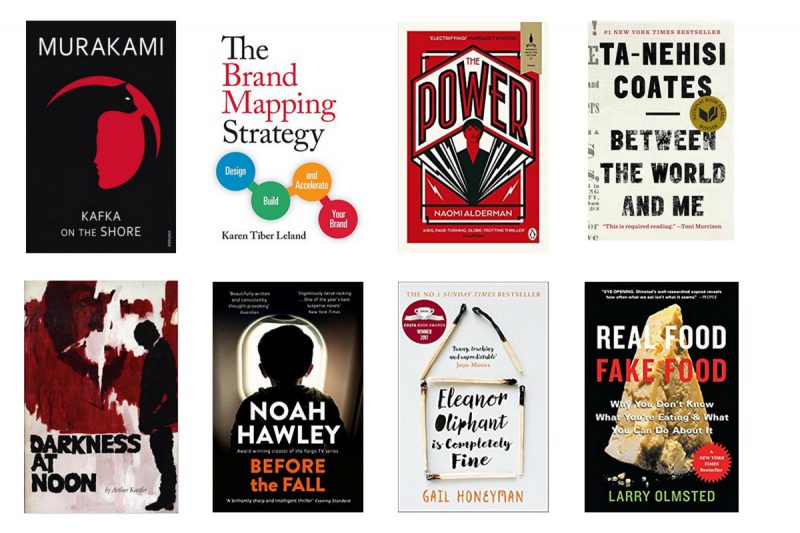 Haruki Murakami: Kafka on the Shore
Haruki Murakami: Kafka on the Shore
It has several classic Murakami elements from magical realism to dark and strange characters. It’s very hard to put down, but for me, it lacked the depth of other Murakami novels. I’m not against leaving things open, but the number of questions at the end was frustrating.
Karen Tiber Leland: The Brand Mapping Strategy
It’s a simple, but quite practical step-by-step guide to building a brand. It provides a good framework but doesn’t go incredibly deep into the different steps or areas. Probably best for people who are new to the branding/personal branding thing.
Naomi Alderman: The Power
This book was very hyped up, so I had quite high expectations, but it ended up being a bit disappointing for me. The subject is really intriguing (women discovering that their bodies can produce a powerful electrical charge and how this transforms the world), but it remained too much on the surface for me. It felt rushed, the characters flat, the message too simplistic. One review said the novel tells an idea and not a story and I totally agree.
Ta-Nehisi Coates: Between the World and Me
This is a quite short, but incredibly powerful book. It’s a letter written by a father to his son, chronicling and musing on his experiences of what it means to be Black in America. It’s raw, very emotional, intellectual, brutally honest, and beautifully written. I will never be able to fully understand or imagine all the layers and emotions of this book, therefore I don’t feel comfortable offering comments on the subject or his story. But I know I will reread this at one point, because it left me with a lot of thoughts and feelings and also, I feel like this book deserves to be reread again and again.
Arthur Koestler: Darkness at Noon
This is a classic in the best sense. It tells the imprisonment, interrogation, and story of an old revolutionary hero. Though the novel never explicitly names the Soviet Union or Stalin, and in a way can be read as the story of any totalitarian dictatorship, of course, it’s difficult not to make that particular connection. I may relate to this book so much, because of my own country’s ex-communist history (this story happened a thousand times), but I also believe that everyone will recognize the universal truths in this book.
Noah Hawley: Before the Fall
Take this to your next vacation, it’s the perfect can’t put it down book for lounging on the beach (the author is the creator of the TV show Fargo, so he really knows how to keep readers on the edge). At first glance, it’s a mystery novel of a plane crash, the survivors, and the investigation. In reality, it’s so much more than that. It’s a glimpse into all the different characters’ lives, the moments that led up to the crash, the role and responsibility of media in pursuit of the “truth” (and what truth even means today), and how to make sense of seemingly senseless tragedies.
Gail Honeyman: Eleanor Oliphant is Completely Fine
After my quasi-disappointment with The Power, I was a little bit wary to read another hyped up, big hit, seems to be everywhere lately book, but thankfully, this one deserves all the hype. It’s been some time since I came to love a protagonist as much as I loved Eleanor. She’s a wonderfully unique character that just draws you into her world in an instant. She’s weird, witty, socially awkward, but just incredibly loveable. It’s not always an easy, funny story, though it may start out as one. There are some dark, heart-wrenching moments in it, but ultimately, it left me with a hopeful, positive message.
Larry Olmsted: Real Food/Fake Food
Loved this book – it was fascinating and terrifying at the same time. It uncovers the ugly world of fake food and how we’re manipulated and tricked into thinking we know what we’re eating, when, more often than not, we have no idea. If you, like me, thought we’re buying and consuming real Parmesan, Prosciutto, Champagne, honey, olive oil (to just name the few), get ready for some shocking truths.
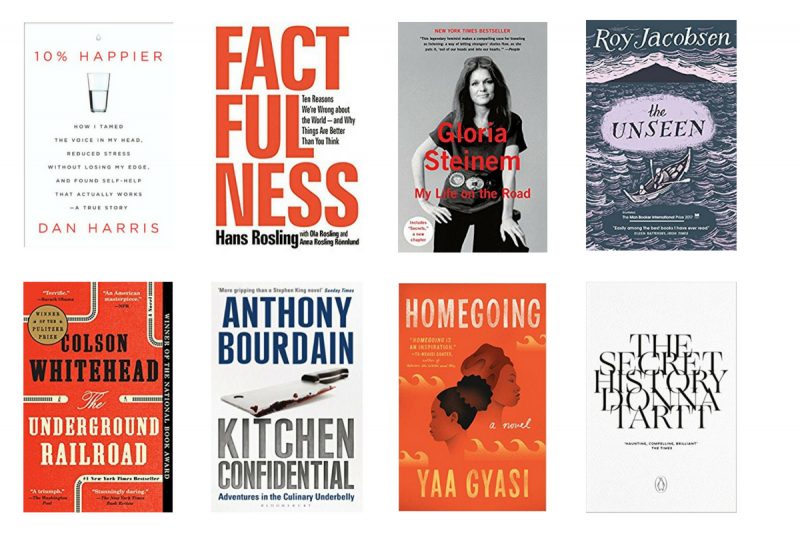 Dan Harris: 10% Happier
Dan Harris: 10% Happier
Dan Harris is an ABC anchor who shares how he discovered meditation and built mindfulness into his life. I’m a little undecided about this one – some parts were interesting and it was still good enough to make me want to check out his podcast, but overall it wasn’t that engaging and transformative.
Hans Rosling: Factfulness
This book systematically goes through ‘Ten Reasons We’re Wrong About the World-and Why Things Are Better Than You Think ‘. It’s an excellent and often surprising source for anyone who’s interested in the world (and actually prefer data to myths and misconceptions) and how things really are – from when the population growth will stop to the truth about public health and extreme poverty. This is also a quite engaging and surprisingly light and readable book, especially compared to its business/economic/social studies focused nonfiction genre, so I can confidently recommend it to anyone.
Gloria Steinem: My Life on the Road
I fell in love with this book probably by the 2ndpage and it only got better. It’s not a classic autobiography in the sense that she doesn’t chronicle her life chronologically. Instead, she focuses on individual stories from the road and of and from people she met through her decades of being a community organizer and activist. And these stories are what makes this book so powerful and incredibly engaging and inspiring. One of my favorite reads this year.
Roy Jacobsen: The Unseen
“Nobody can leave an island”. That’s the premise of the book, though it’s meant to be understood not really in a physical, but more in an emotional sense. It tells the story of three generations of a Norwegian family living on an island at the start of the 20thcentury – the joys, the struggles, and their attempt to find the balance between the timeless nature of island life and the slowly but surely changing modern world. The main strengths of the book are the writing and the unique atmosphere it presents. There are some plot twists, dramatic events, but mostly this is a slow build book with a fascinating insight into a strange, unfamiliar, and probably long-gone world and culture.
Colson Whitehead: The Underground Railroad
Another book with a profound emotional effect, it tells the story of Cora, a slave in Georgia and her attempts to escape from the horrors of plantation life with the help of the underground railroad, the network of safe houses, helpers, and secrets routes helping slaves run from the South. The book transforms the railroad into an actual, underground, secret tunnel, but this just makes the journey somehow even more real. It’s often a brutal read, but very important and powerful.
Anthony Bourdain: Kitchen Confidential
The first book of Anthony Bourdain is an extension of his famous New Yorker article as well as a recollection of his first years in the culinary world. If you thought the life of a chef was either boring or immaculate and innocent, this book will make you reconsider it. In Bourdain’s world, chefs are like rock stars, with all the dark things that accompany a rock star life. His book is honest, raw, often controversial, but incredibly fascinating.
Yaa Gyasi: Homegoing
Homegoing tells the story of two half-sisters and their descendants over a span of more than 2 centuries, across two continents, Africa and America. Each chapter tells the story of a different family member and through that, we also get to know the history of the two places – the slave trade, the tribe wars, and battle against colonialism in Africa, and slavery and racial discrimination in America. It’s hard to believe this is a debut novel as it’s so mature, the writing is stunning, the stories so unique and interesting. This was definitely one of my favorite books this year so far.
Donna Tartt: The Secret History
The Secret History has all the elements of a classic thriller: a small, secluded elite New England college, an even more elite student group studying the Classics, a murder mystery, intrigue, alcohol, drugs, wealth, obsession, friendship, love, betrayal. But it’s also so much more than the central murder mystery, especially as it’s not really a question of who done it (it becomes clear on the first page), but why. It’s a compelling, often twisted and dark book exploring deep moral issues (kind of Dead Poets Society meets Crime and Punishment). I wouldn’t say it’s perfect in every sense but it has definitely left me thinking about it for a long time after I finished and that’s usually what makes a book good in my eyes.
What were your favorite books this year so far?

